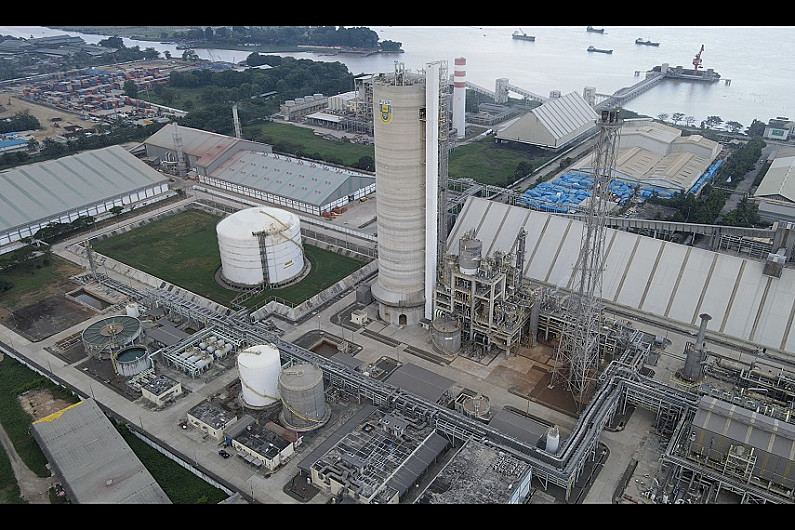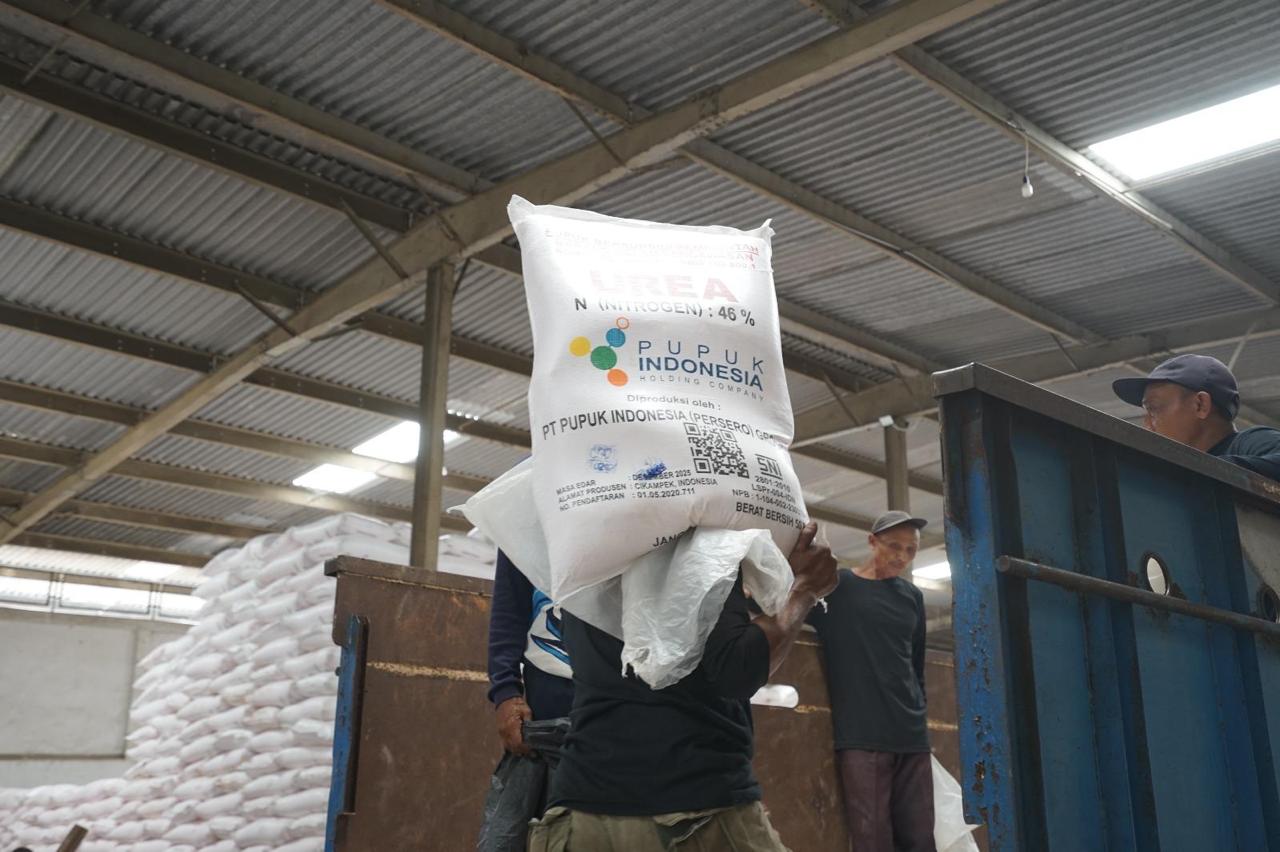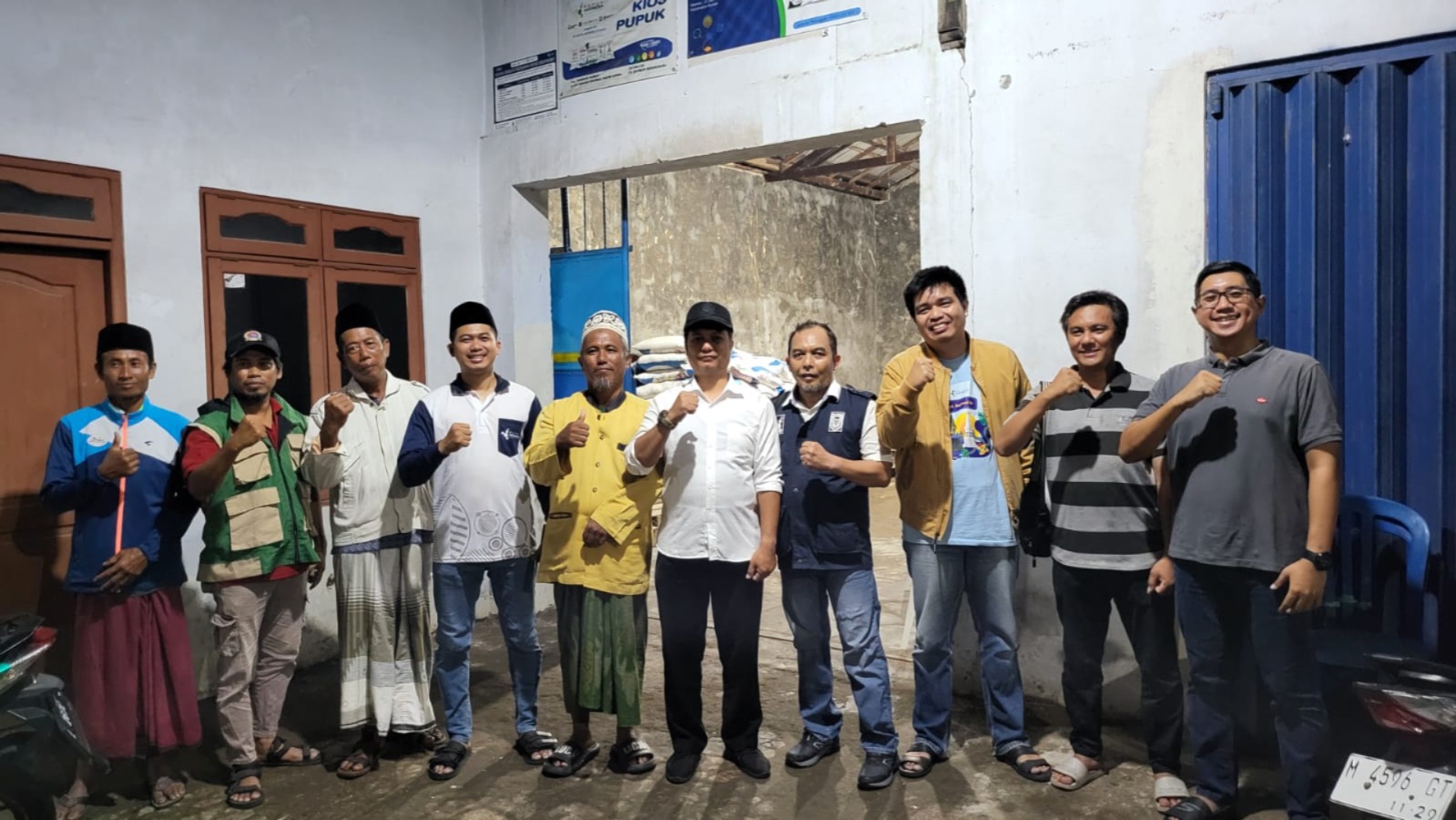Sentralisasi Pemasaran Dorong Peningkatan Kinerja Pupuk Indonesia

Sentralisasi pemasaran yang dilakukan PT Pupuk Indonesia (Persero), sebagai bagian dari transformasi bisnis di Pupuk Indonesia yang dicanangkan Menteri BUMN Erick Thohir, terbukti berhasil meningkatkan kinerja perusahaan. Upaya sentralisasi ini, semakin memperkuat kemampuan Pupuk Indonesia beserta anak perusahaannya dalam melayani dan mengamankan pasokan pupuk dalam negeri khususnya pupuk bersubsidi maupun non subsidi. Di sisi lain, sentralisasi ini juga berhasil meningkatkan penetrasi pasar baik dalam dan luar negeri untuk produk-produk komersil perusahaan baik pupuk maupun non pupuk serta mengoptimalkan pendapatan perusahaan dari sektor tersebut.
Hal ini disampaikan Direktur Utama PT Pupuk Indonesia (Persero), Bakir Pasaman di Jakarta, Senin (9/1). Menurut Bakir, setelah perusahaan melakukan sentralisasi pemasaran di tahun 2021, terjadi peningkatan signifikan terhadap kinerja perusahaan. “Kami masih menunggu hasil audit, namun pendapatan dan laba perusahaan alhamdulillah meningkat secara signifikan, dimana pada tahun 2022 kami berhasil mencapai pendapatan sekitar Rp103 triliun dengan laba kurang lebih Rp19 triliun (unaudited), di mana 65% pendapatan berasal dari produk komersil dan non pupuk. Dengan sentralisasi pemasaran ini, kami bisa mengoptimalkan penjualan perusahaan ke sektor komersil, terutama untuk penjualan amoniak dan urea baik itu dari segi tonase maupun mengoptimalkan harga jual.”, jelas Bakir. Penjualan pupuk ke sektor non subsidi, khususnya ke konsumen retail dan korporasi, di tahun 2022 mencapai 4,08 juta ton atau 101% dari target dan penjualan produk non pupuk mencapai 1,45 juta ton atau 130% dari target. “Perlu kami tekankan bahwa hal ini bisa kami lakukan dengan tetap memprioritaskan pasokan dalam negeri, baik kebutuhan pupuk bersubsidi maupun pupuk non subsidi atau produk-produk komersil.”, tegas Bakir.
Melalui sentralisasi ini pula Pupuk Indonesia mengembangkan program 1000 kios pupuk untuk produk komersil dan non subsidi untuk mempermudah akses petani terhadap produk-produk Pupuk Indonesia Grup. “Kami berharap dengan program kios komersil Toko Pe-I, petani dan konsumen lainnya dapat lebih mudah mencari produk kami. Target kami saat ini adalah pembangunan 1000 kios dan nantinya kami ingin agar Toko Pe-I ini bisa ada di semua kecamatan sehingga tidak ada lagi keluhan kesulitan mencari pupuk”, tegas Bakir.
Keberhasilan sentralisasi pemasaran, menurut Bakir, adalah karena hal ini menghilangkan kompetisi antar anak perusahaan yang selama ini saling bersaing. Disamping itu, sentralisasi juga dapat mengurangi biaya distribusi dan mengoptimalkan kecepatan distribusi produk. “Selain itu juga meningkatkan daya tawar untuk sektor korporasi dan pelanggan luar negeri sehingga kita dapat memperoleh harga jual yang baik”, kata Bakir.
Fungsi marketing, promosi dan penetrasi pasar baik dalam dan luar negeri juga diambil alih oleh holding sehingga anak-anak perusahaan dapat fokus dan berkinerja optimal sebagai unit-unit produksi yang efisien. “Jadi kini holding yang bergerak mencari pasar dan pelanggan, melakukan kegiatan marketing termasuk dengan membuka kantor luar negeri Dubai.”, tambah Bakir.
Sementara itu, Komisaris Utama Pupuk Indonesia, Darmin Nasution, menyatakan Sentralisasi di Pupuk Indonesia sudah berjalan hampir 2,5 tahun, dimana fungsi holding yang sebelumnya telah berubah menjadi activist holding. Dewan Komisaris menilai sentralisasi yang dilaksanakan telah sejalan dengan masterplan perusahaan yang diamanatkan oleh Pemegang Saham. Sentralisasi telah membawa kemajuan yang signifikan bagi Pupuk Indonesia sebagai perusahaan nasional, tidak hanya bertujuan memberikan solusi pertanian dan nutrisi tanaman, namun sentralisasi juga telah mendorong transformasi perusahaan dalam rangka restrukturisasi subsidi industri pupuk.
“Dalam implementasi sentralisasi, salah satu fungsi yang dioptimalisasi adalah pemasaran dan pengadaan, dimana holding mengambil peranan dalam pelaksanaan operasional perusahaan. Hal ini berdampak kepada peningkatan kinerja perusahaan khususnya kinerja penjualan retail dan komersil di tahun 2022.”, jelas Darmin.
Anak-anak perusahaan, dapat fokus menjalankan fungsi sebagai produsen karena fungsi marketing sudah dilakukan oleh holding.
Saat ini, Pupuk Indonesia sebagai holding, mempunyai lima anak perusahaan yang bergerak sebagai produsen pupuk, yaitu PT Petrokimia Gresik, PT Pupuk Kalimantan Timur, PT Pupuk Kujang Cikampek, PT Pupuk Sriwidjaja Palembang dan PT Pupuk Iskandar Muda. Jaringan pemasaran dan distribusi Pupuk Indonesia meliputi seluruh wilayah Indonesia.





.jpeg)

